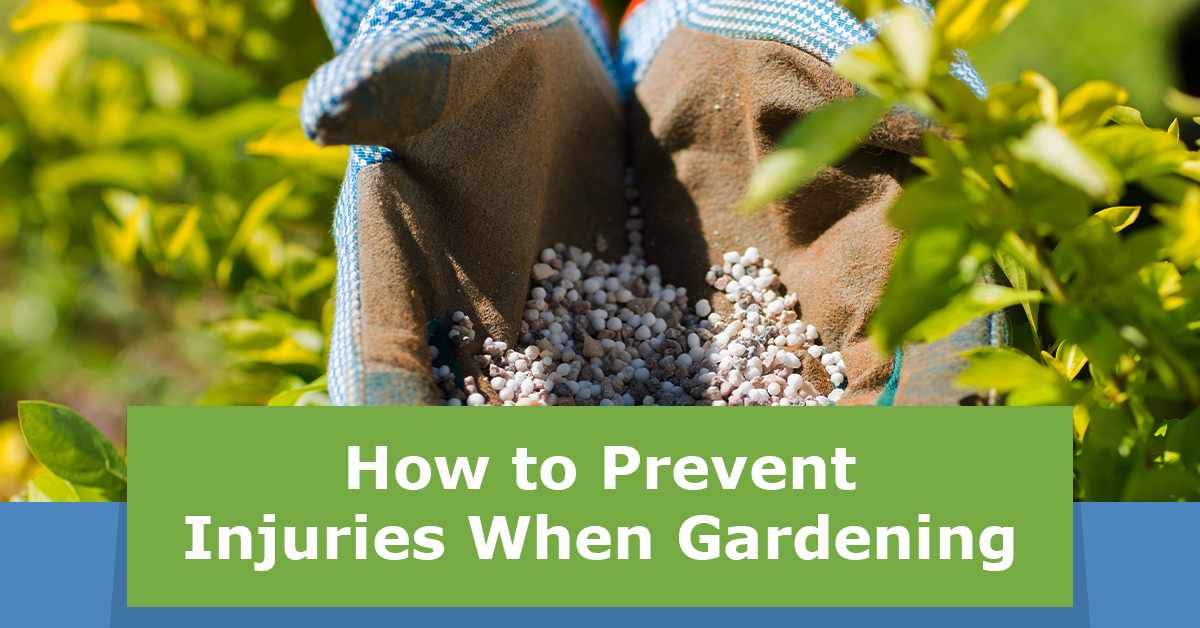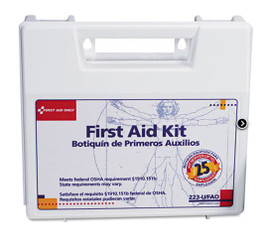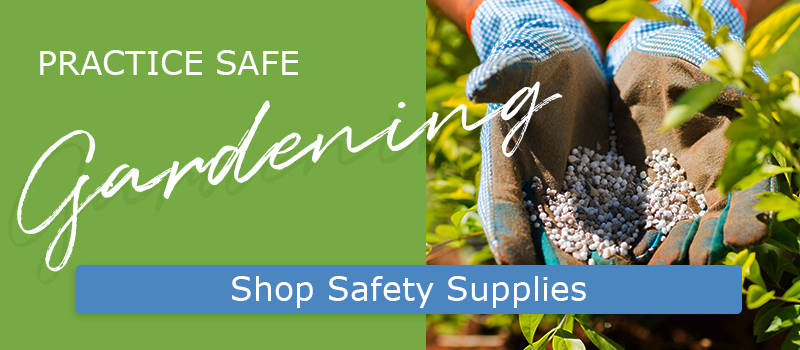 Loading... Please wait...
Loading... Please wait...All Brands
- 3M
- Accu-Pour
- Ames
- Ansell
- Aquaterr
- ARS
- Atlas
- Bahco
- Barnel
- Bon-Aire
- Bucket Boss
- Buddy Tape
- Bully Tools
- CJ Industries
- Computemp
- Cordura
- Corona
- CST/Berger
- DeWitt
- Dramm
- Duratool
- Edmund Scientific
- Elvex
- Environmental Concepts
- Eschenbach
- EZ Haul
- Felco
- Fend-All
- FGS
- Field King
- Fiskars
- Foxgloves
- FrostProtek
- Garner
- Gilmour
- GUARD-TEX
- Hastings
- Havahart
- Herbafex
- Herbi
- Hoklartherm
- Hydrion
- Irrometer
- Istor
- Janssens
- Kelway
- Keson
- Kestrel
- Komelon
- Lincoln
- Logitech
- Luster Leaf
- Max
- Midwest
- Moldex
- MSA
- N-Dex
- Nelson
- North
- Oakfield
- Oakton
- Orbit
- Pelouze
- Presco
- Radius Garden
- Rapitest
- Roundup
- Schrade
- Selsi
- Servus
- Seymour Manufacturing
- Shake Away
- Silky
- Soil Moist
- SP Systems
- Sunkist
- Supco
- Taylor
- Tina
- Towbridge's
- Trece
- TreeKote
- Trowbridge's
- Tru-Chek
- Tula Hats
- Tyvek
- Victorinox
- Watermark
- Westover
- Yard Butler
- Sqwincher
Categories
- Hydration
- Janitorial
- pHTesters
- Budding & Grafting
- Flagging Tape
- Frost Protection
- Gardening Tools
- Harvesting Tools
- Measuring Tools
- Nursery Supplies
- Pest Control
- Safety Supplies
- Shade Cloth
- Garden Sprayers
- Tree Care
- Watering Tools
- Weed Fabric
- Best Sellers
- Markdowns
- Open Box Items
- Gift Ideas
- Felco Tools
- Fiskars
- Gilmour
- Silky
- Home
- Gardening Tips
- How to Prevent Injuries When Gardening
How to Prevent Injuries When Gardening

Call us toll free today 800.635.3621
 Gardening comes with a host of health benefits. It can provide exercise, relieve stress, give you a sense of accomplishment, and allow you to enjoy the outdoors. However, it can be physically demanding, and if you are not careful you can become injured while gardening. Here are some tips to help you stay safe when working outdoors.
Gardening comes with a host of health benefits. It can provide exercise, relieve stress, give you a sense of accomplishment, and allow you to enjoy the outdoors. However, it can be physically demanding, and if you are not careful you can become injured while gardening. Here are some tips to help you stay safe when working outdoors.
Gardening can increase your risk of developing certain infections, such as tetanus. Be sure that your tetanus/diphtheria vaccination is up to date and ask your doctor if you should get any other vaccinations before you begin gardening.
Small organisms that live in soil can enter your body through cuts in your hands and cause an infection, so you should wear gloves. If traditional gardening gloves are too uncomfortable, try a pair of baseball batting gloves.
If you are using power tools, wear safety goggles, ear protection, sturdy shoes, and long pants.
To protect yourself from insects, wear insect repellent with DEET, a long-sleeved shirt, pants tucked into your socks, and high rubber boots.
Protect yourself from the sun by wearing long sleeves, a wide-brimmed hat, sunglasses, and sunscreen with an SPF of 15 or higher.
Before you begin working in your garden, loosen your muscles and get your blood flowing. Taking a 10- or 15-minute walk before you begin gardening can help you prevent injuries.
Don't overexert yourself, especially if you are not used to strenuous physical activity. Start out by working in your garden for 30 to 45 minutes per day and gradually build up your stamina.
It is important to practice good form and technique when gardening. If you are kneeling to dig or pull weeds, use a padded kneeler or low bench. To avoid cramping, get up to stretch every five minutes. When you are shoveling, move from one place to another, rather than twisting your body to shovel dirt. Keep the shovel close to your body, bend your knees slightly, and scoop using a forward motion.
Carefully follow instructions when using chemicals and gardening equipment. Be sure that your equipment is working properly. Be careful when sharpening tools. Keep harmful chemicals, tools, and equipment out of the reach of children.
If you are gardening on a hot day, you need to exercise extra caution. Drink plenty of water and avoid beverages that contain alcohol or large amounts of sugar. Eat healthy snacks to maintain your energy. Take breaks often in a shady area. Stop gardening if you experience breathlessness, muscle soreness, extremely high body temperature, headache, rapid pulse, dizziness, nausea, or confusion. Watch for problems in people who are at higher risk of heat-related illness, including infants and children under 4 and people who are 65 or older, who are overweight, who push themselves too hard, who are physically ill, or who take medications for depression, insomnia, or poor circulation.
Be careful if you have a medical condition. If you have arthritis, use tools that are easy to grasp. If you take a medication that can make you drowsy or impair your judgment or reaction time, you should not operate machinery, climb a ladder, or do any other potentially dangerous activity in your garden. Pay attention to your heart rate, level of fatigue, and physical discomfort and call 911 if you get injured or experience chest and arm pain, dizziness, lightheadedness, or heat-related illness.





